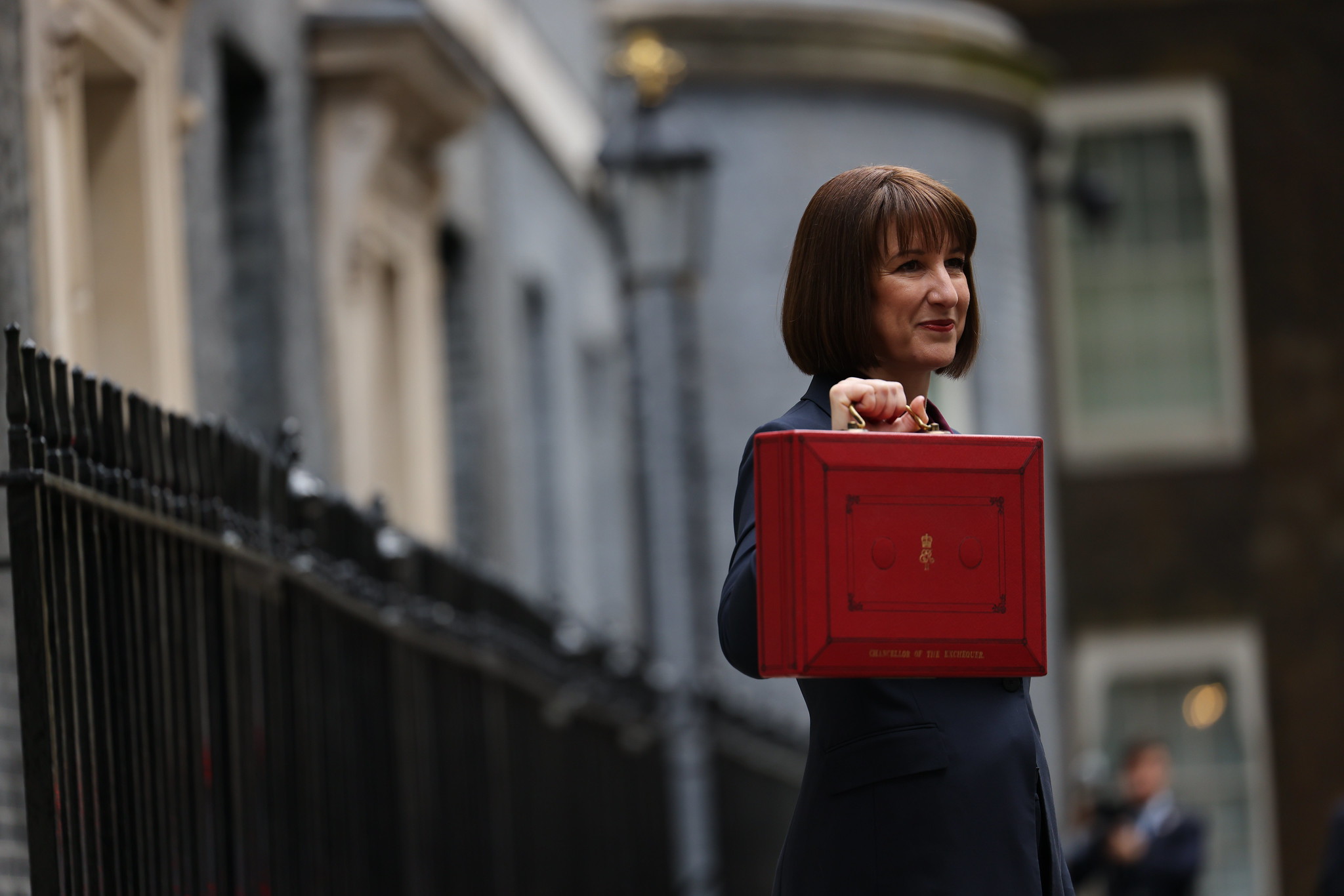On 26th November 2025, Rachel Reeves will deliver Labour’s second autumn budget. It’s easy to talk about the politics, characters, and narratives about rising or falling popularity – but what about the actual substance and how it’ll affect peoples’ lives?
Every media organisation and charity will be interested in analysingthe budget, but we’ve repeatedly seen that our system can’t talk about economics without perpetuating misconceptions or outright falsehoods. An independent review of the BBC in 2023 found that many of their journalists lacked even a basic understanding of economics, and that’s without getting into the political incentives many newspapers, campaigns, or parties have to mislead the public about concepts like government debt.
So, how can we avoid common pitfalls in talking about it? We’ve got 5 key tips for making sure you help people understand the UK’s situation and avoids playing into misconceptions.
#1: Don’t do household accounting
The UK is not a household and doesn’t budget like one. Focusing on book-balancing, hole-filling, and penny-counting (even if that’s the narrative favoured by politicians for political reasons) feeds incorrect beliefs about debt, spending, and deficits. Economic prudence on the government’s level is investing more in people and planet, not making sums add up.
#2: Describe people as people, not scroungers or taxpayers
Peoples’ lives are interconnected and complex; you should not reduce them to existing merely as a tax cut recipient or someone losing £10 a week. We all want people to thrive, so the budget should be measured against what needs to happen to allow that – will the bus services run? Will hospital repairs get done? Will plans to “unlock growth” translate into available GP appointments?
#3: Remember that wealth and power are wildly unequal
Even if Reeves put massive taxes on superyachts and private jets, you couldn’t ever reasonably describe one of the UK’s richest as a budget “loser”. Political choices have allowed the super rich to make enormous profits at our expense for decades. These choices have been made because of the huge influence the richest have over our political system – which means their lobbying will be extremely present in other budget reactions. Don’t forget to depict the true scale of inequality.
#4: Provide context for the 2025 Budget
The UK is one of the most unequal countries in the developed world. Our system is one of the most favourable to the super-rich. As a result, our outcomes for health, education, poverty, crime, trust, and much more are among the worst for comparable countries. Similarly, the UK is one of the countries most responsible for the climate crisis and can’t “unlock economic growth” out of it. We need to be dealing with the budget’s impact on reality, not on political narratives, however prevalent they are.
#5: There is an alternative
The only thing we’re waiting for to make the UK a more equal country is political courage. In this budget and at every budget, the government could start investing in people and planet and taxing the rich. We could build social housing, end the crisis in the NHS, end profiteering by nationalising utilities, ensure people have enough to live decent lives and face the climate crisis. Good policies are positive things, but don’t miss what we could have – and need – if the government chose us over the richest.
Inequality in Your Inbox?
Get the news that matters direct to your inbox every week
by signing up for our newsletter
